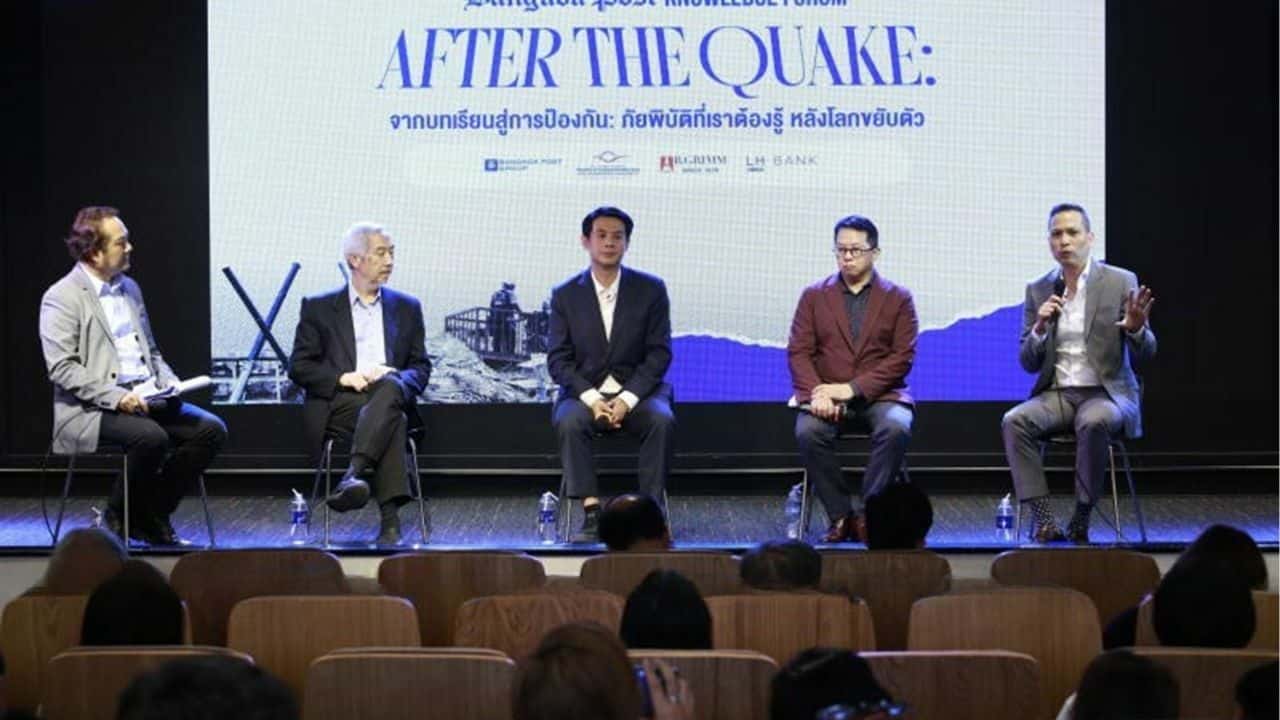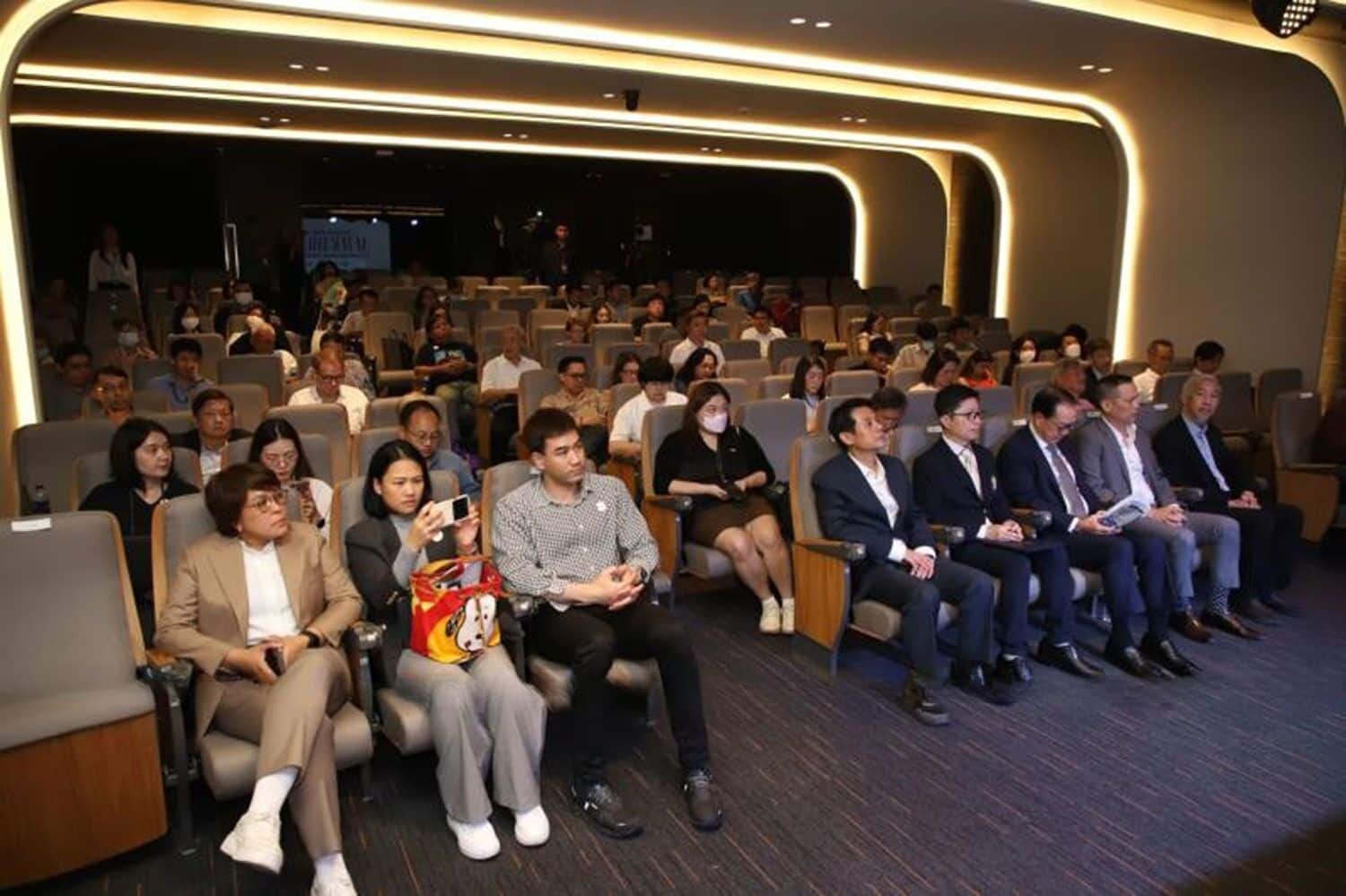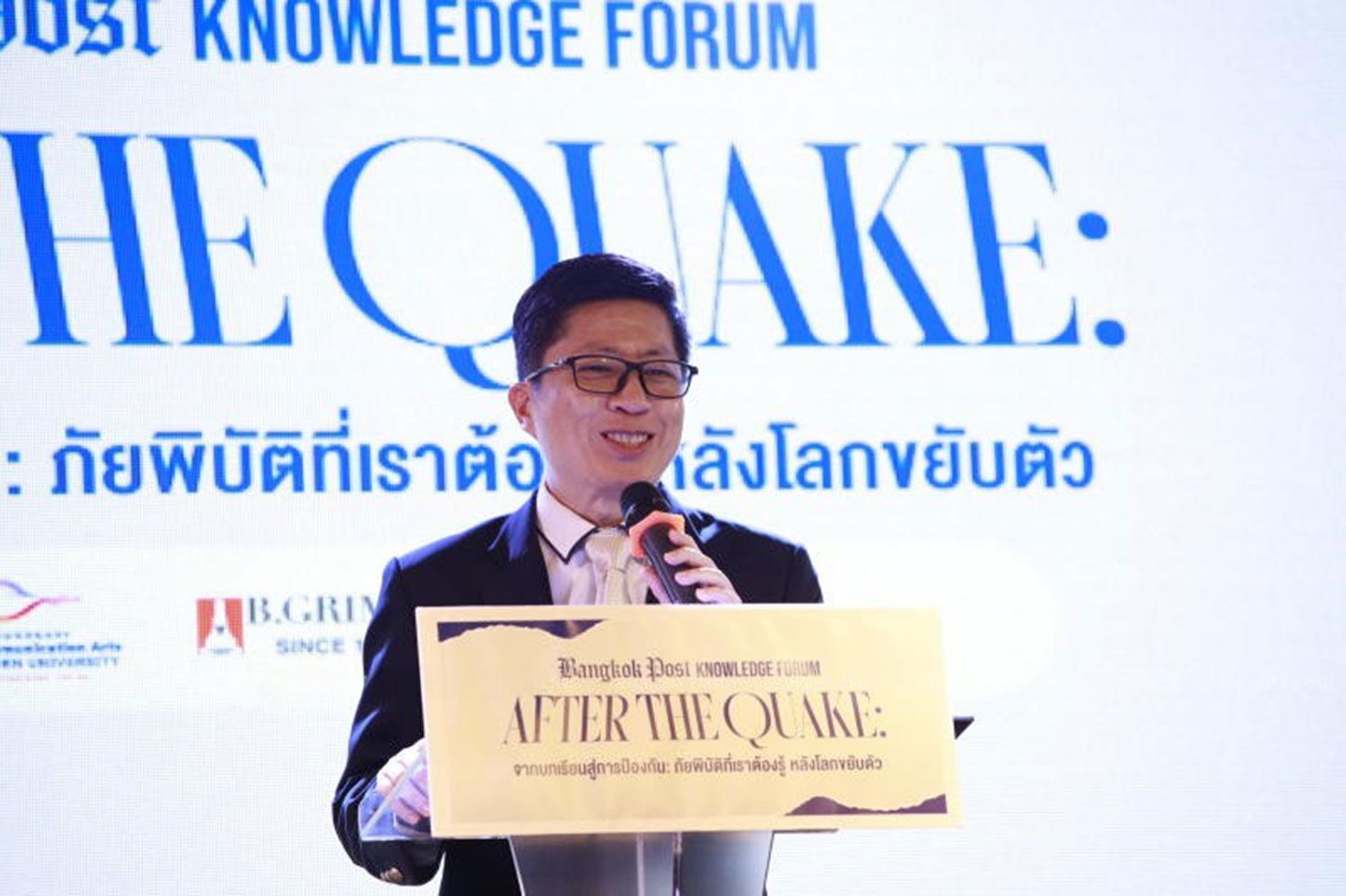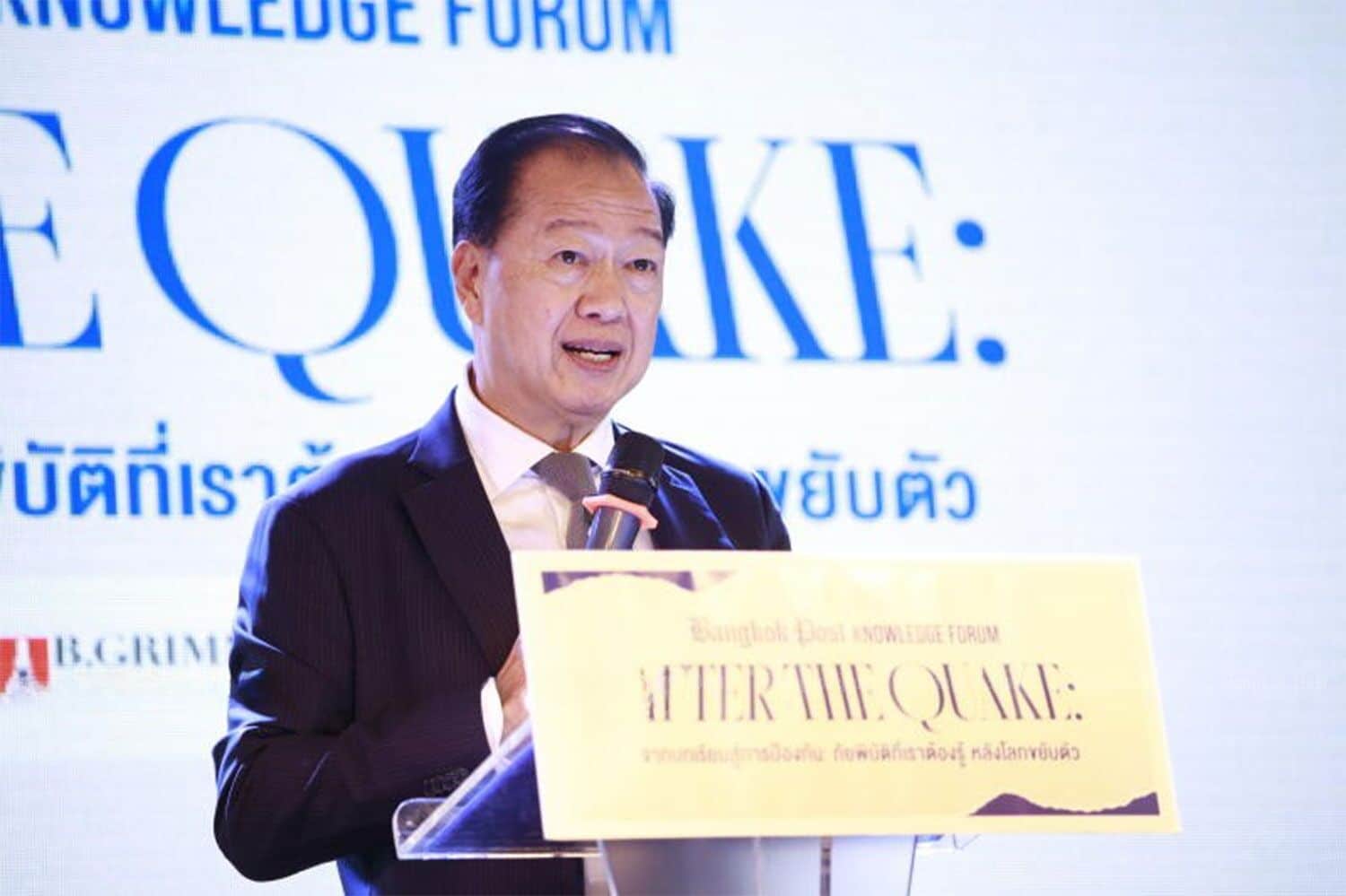Bangkok on shaky ground despite low quake risk, expert warns
Underground shifts pose silent threat to millions living above active seismic zones

In Thailand, although the probability of another earthquake occurring soon is low, several regions, including Bangkok, remain at high risk of experiencing tremors from nearby fault lines, according to a seismologist.
At the Bangkok Post Knowledge Forum, held under the title After the Quake, Professor Pennung Warnitchai from the Asian Institute of Technology highlighted Bangkok’s vulnerability to distant earthquakes due to its unique geographical characteristics. The city is built on soft soil, which amplifies seismic waves. While Bangkok is not directly above a fault line, residents, particularly in high-rise buildings, may feel tremors from far-off earthquakes.
For example, an earthquake on March 28, originating from the Sagaing Fault in Myanmar, was felt in Bangkok. Professor Pennung explained that the city’s soft soil and basin-like terrain slow and amplify seismic waves, leading to long-period ground motion that affects tall buildings. Studies have shown that Bangkok’s soil can amplify ground motion up to four times.
He discussed three potential earthquake scenarios that could significantly impact the capital, noting that while statistically unlikely, they pose a 10% chance of occurring within a lifetime. Despite this low probability, he urged caution, stating that it does not equate to zero risk.

Since 2007, the government has required new buildings to adhere to earthquake-resistant standards through the Departments of Public Works and Town and Country Planning. Bangkok is divided into 10 zones, each with specific building codes based on local risk levels. The city also has five earthquake monitoring stations that provide data for risk assessments to improve safety standards.
Buildings constructed under these standards should withstand earthquakes, with most reported damage in Bangkok being cosmetic or related to non-structural elements, rather than structural failures.

Regarding the collapse of the State Audit Office (SAO) building in Chatuchak following the quake, Professor Pennung, part of the investigation committee, stated that the building’s incomplete state and lack of essential structural components, such as walls, contributed to its vulnerability. The committee is investigating whether corruption, substandard materials, or design flaws were factors in the collapse.
He cautiously addressed whether the building would have remained intact if completed: based on current assessments, a similar quake post-completion could likely result in collapse, reported Bangkok Post.


Latest Thailand News
Follow The Thaiger on Google News:


























